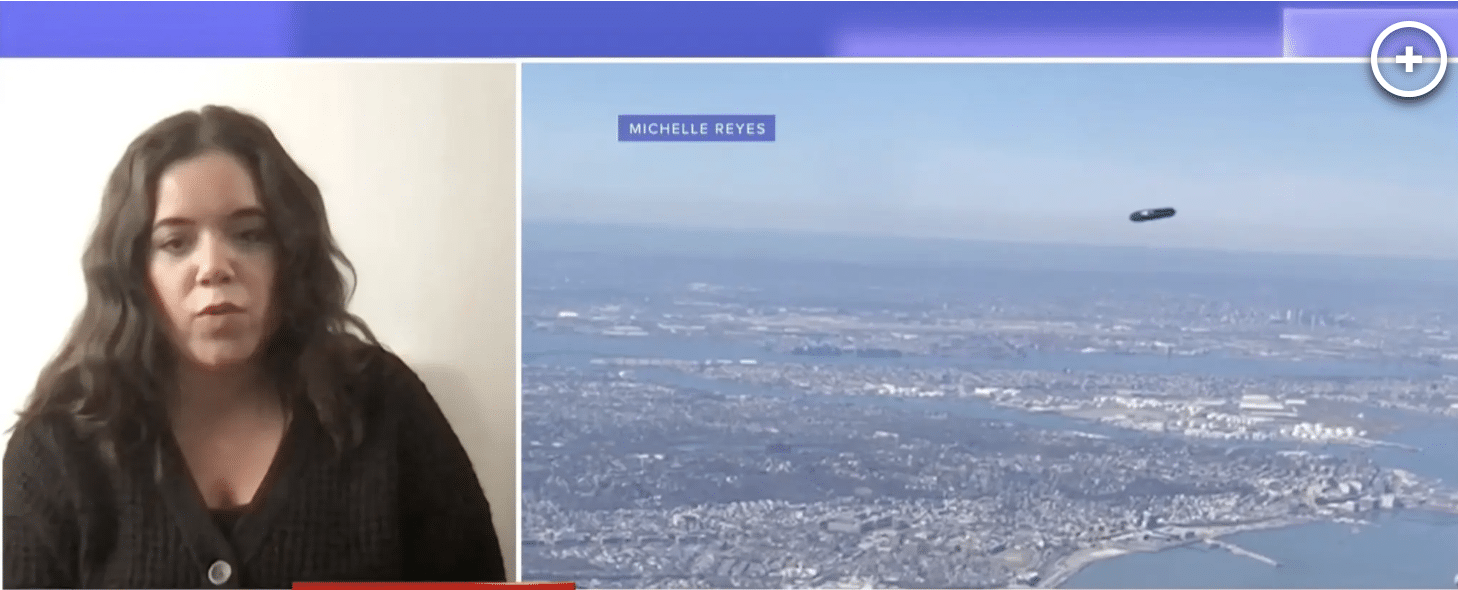Households and businesses across the UK could face planned power cuts this winter, if the country is unable to import electricity supplies from Europe, the National Grid has warned.
The utility company responsible for the distribution of energy unveiled its plans to ration supplies as the UK struggles to secure enough gas imports to fuel its gas-fired power plants. Europe is currently gripped by a major fossil fuel energy crisis, triggered Russia’s tightening of gas flows to the continent as retaliation to sanctions imposed by the West over the invasion of Ukraine.
Over the past few months, fears have grown that Vladimir Putin will completely turn off the taps flowing to Europe, which has led the National Grid to prepare emergency measures should it fail to get a hold of sufficient energy supplies.
While the UK is not reliant on Russian gas imports, Russia squeezing its exports has led to increased competition for other suppliers, as European countries scramble to prevent a cold winter. Under these plans, households in different parts of the country would be notified a day in advance of the three-hour blocks of time during which their power would be cut off, in an effort to lower the UK’s total energy consumption by 5 percent.
The report showed, under a base case scenario, that margins between peak demand and power supply were expected to be sufficient and similar to recent years thanks to secure North Sea gas supplies, imports via Norway and by ship.
The ESO urged households to help manage that balance by signing up to an energy-saving scheme through their supplier, in a bid to help ease the risk of the lights going out. The “demand flexibility service”, due to start next month, will see bill-payers be paid to save energy during peak hours.
A separate study by National Grid Gas Transmission, which is a separate business to the ESO, saw the potential for the shortfall in gas supplies within continental Europe – as a result of Russia’s war in Ukraine – to impact the UK’s usual ability to attract imports.
It suggested gas needed to power the UK’s electricity grid was expected to rise by nearly 22% – offsetting savings from lower household and business use – largely because of a need for power in France where many nuclear plants are offline.
It saw LNG (liquefied natural gas) from the US and Qatar acting as the new primary source of supply flexibility. Gas accounts for over 40% of UK power generation – more if the wind fails to blow and other plants are offline for maintenance. The ESO’s report marked a darkening in the prospect for disruption in the months ahead following a comparatively rosy early view report in July.

















